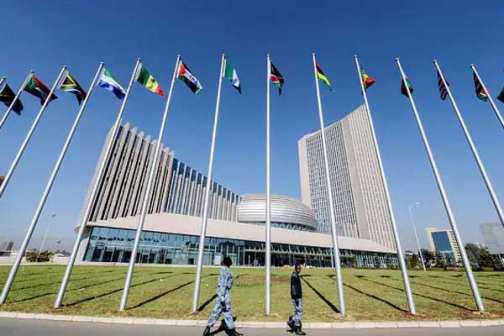
Africa’s Environment has been sneezing over the last decade and the continent has caught the cold. The symptoms of Africa’s environmental sickness can be felt all over the continent. A case in point is Egypt, where the Ministry of Water Resources and Irrigation declared a state of extreme emergency in May 2016. Occasioned by dire water scarcity in Egypt, the ministry conducted campaigns to destroy water-thirsty rice crops so that they could save as much water as possible.
Egypt was in such dire straits because River Nile’s water output had diminished due to severe drought in other Nile Basin countries like Ethiopia. Eventualities like this should make Egypt and the rest of Africa realise that Africa’s environment will make or break the livelihoods of the continent. Environmental degradation in one African country has a direct impact on the society and economy of any other African country.